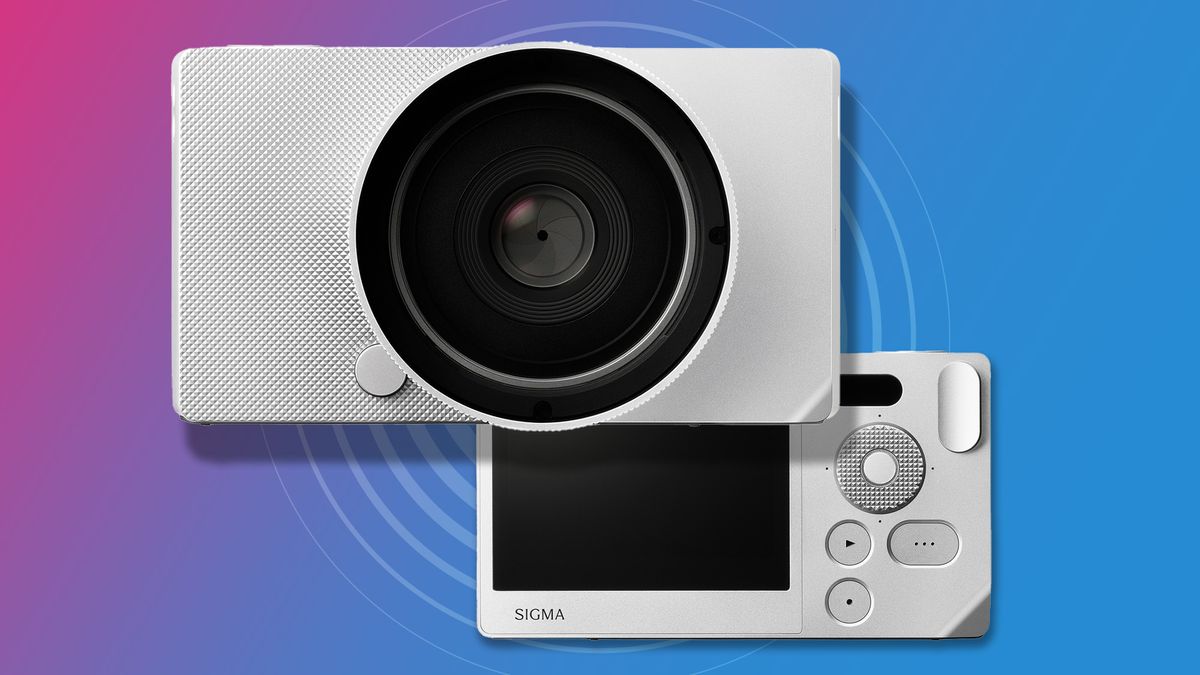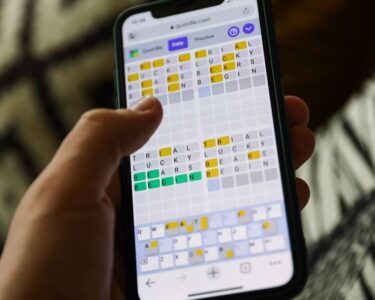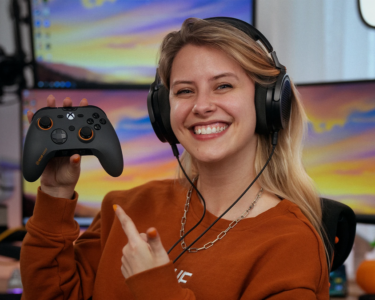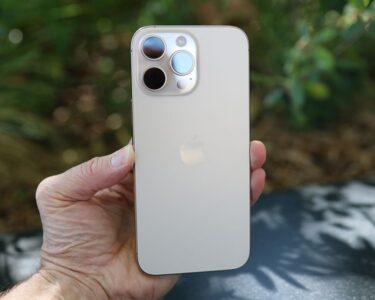- Sigma’s minimalist BF is machined from a single piece of aluminum
- It features Sigma’s L-mount and a 24MP full-frame sensor with 6K video
- There’s only 230GB of internal storage, and no memory card slot
Sigma has clearly had fun designing its new BF full-frame mirrorless camera, stripping the user experience right back to the basics. It’s made in Japan, but adopts Scandinavian minimalist design and then ups the ante.
As Sigma writes, the BF is a “radically simple camera that evokes the essence of photography”. This is no boring black box with full-frame sensor like we tend to get from Sony, Canon, Nikon and Panasonic – it is indeed something radically different, and I respect Sigma for its boldness, even if the BF might be easy on the eye over practical in the hand.
The BF should be as tough as they come – it’s machined from a single piece of aluminum, a process which Sigma says takes over seven hours. It measures just 5.1 x 2.9 x 1.4in / 130.1 x 72.8 x 36.8mm and tips the scales at 15.7oz / 446g (with battery), and accepts L-mount lenses, of which there are many, making it suitable as an everyday camera.
There are two colors to choose between: silver or black. Alongside the camera, Sigma unveiled silver versions of its I-series of contemporary lenses to match the look of the silver option. The camera’s list price is $1,999, which is pretty competitive considering the materials and craftsmanship involved. We’ll update this article with UK and Australia pricing when we get that info.
Within its sleek exterior, the Sigma BF houses a full-frame 24MP sensor with 6K video capabilities and an electronic shutter only – there’s no mechanical shutter. A scan of the camera’s features suggests that the Sigma BF is pretty similar to the 2024’s Panasonic Lumix S9, which is another compact full-frame mirrorless camera.
I tested the Lumix S9, and I felt that Panasonic had made one compromise too many in the service of keeping things simple for me to truly enjoy its handling (even if a firmware update improved matters somewhat), and Sigma’s BF is intentionally even simpler. I’ve not had my hands on the camera yet, but I have developed a few thoughts already.
It’s bold, exciting – and limited
Two Sigma lenses also added to the collection
Alongside the BF camera, Sigma unveiled two lenses; the 300-600mm F4 DG OS for full-frame cameras, and the 16-300mm F3.5-6.7 DC OS for APS-C cameras. The 300-600mm professional lens costs $5,999, while the 16-300mm is the world’s first mirrorless lens with 18.8x optical zoom, and costs $699. Both lenses ship in April. Again, UK and Australia pricing is TBC.
I fully respect that in order to create a radically simple camera, some features have to go. I’m also writing as a seasoned photographer who’s used to enjoying the number and variety of controls that complex cameras offer, even if a personal favorite is the wonderfully simple Hasselblad X2D 100C. But I can already sense that the Sigma BF is a camera that I’ll enjoy looking at more than shooting with.
For me, the challenge with using the BF will be composing images. There’s no viewfinder, which is a big minus for me given that the BF is a photography-first camera. This is compounded by the 3.15-inch 2.1M dot touchscreen, which is fixed – you can’t flip it out or spin it around for easy viewing at awkward angles.
Such limitations are the price we pay for a radically minimalist camera. Still, I’m intrigued by the Sigma BF, and it could well be one of 2025’s standout cameras. I love how its menus and controls are stripped back to what you need the most – there are just four buttons to access basic exposure settings and playback, together with a small rear LCD display which displays your most recent changed setting.
Around the sides and underside, there’s just single loop for a wrist strap, a tripod mount, a removable battery and a USB-C port; no other ports for headphones and mic inputs. This is as simple as it comes. In fact, there isn’t even a memory card slot – instead there’s 230GB of internal storage only.
I don’t much mind of any of those omissions, and nor do I mind that sleek front with no grip. After all, this is a camera that’s designed for small lenses and for everyday photography.
For me, it’s the lack of viewfinder and fixed rear screen that are dealbreakers. What do you think of the new Sigma BF? Let me know in the comments below.






